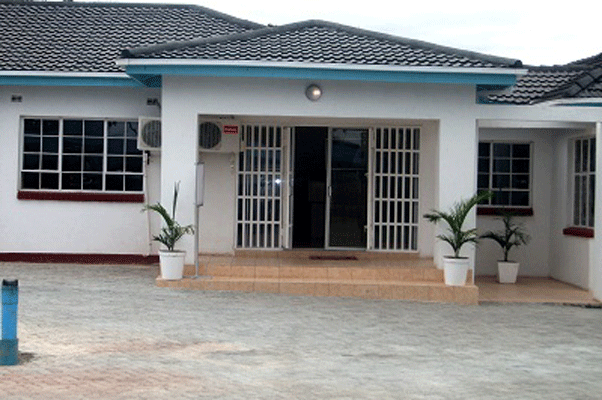
The Insurance and Pension Commission (Ipec) has come up with the micro insurance strategy as a way of enhancing financial inclusion targeting the previously excluded population such as small-to-medium enterprises, peasant farmers, vendors and other low income earners.
BY FIDELITY MHLANGA
Ipec commissioner, Tendai Karonga, said on Friday the strategy was aimed at covering a huge gap on insurance uptake by way of assisting low income households and providing them a sense of financial confidence.
“Firstly, it can be used as a poverty alleviation strategy that assists low income households to manage risk by providing them with a sense of financial confidence in the face of significant vulnerabilities such as death, injury and illness, loss of property, effects of drought and other contingent events,” he said.
According to the Finscope survey done in 2014, 70% of adults in the country were not insured. Of the 30% with insurance, 77% of them are funeral insurance which shows a huge gap on the insurance uptake.
“For instance, if farmers insure their crops and there is drought or floods, their insurer may refund costs of inputs such as seed and fertilizers. This way, the farmer will not stride back to poverty. And this will be done at a very affordable premium. Secondly, on societal benefit, micro insurance allows the financially excluded people to be insured and thereby increase their financial security and independence,” he said.
Karonga said micro insurance enhances economic development as the pool of resources can be channelled towards national projects such as power generation, housing and infrastructure development.
Micro insurance is a growth area envisaged to increase penetration ratio from the current 3,6 % as more members of society will access and afford insurance products that match their needs.
- Chamisa under fire over US$120K donation
- Mavhunga puts DeMbare into Chibuku quarterfinals
- Pension funds bet on Cabora Bassa oilfields
- Councils defy govt fire tender directive
Keep Reading
In Ghana for instance, penetration ratio rose drastically from less than 5% to more than 20% after the adoption of micro insurance.
Distribution channels for micro insurance, Karonga said, would be microfinance institutions, mobile network operators, church organisations and burial societies among others.
“Micro insurance products will also be linked to microfinance and micro pensions. To enhance secure key stakeholder buy-in, the Commission came up with a steering committee that will oversee the implementation of Micro insurance in the country. The Committee is led by a high ranking official from our parent ministry-Ministry of Finance and Economic Development,” Karonga said.
Principal director (Fiscal Policy) in the ministry of Finance, Pfungwa Kunaka, said insurance administrators, supervisors and policy institutions across the globe have thus realised the need for a conducive and enabling regulatory environment for the development of the insurance industry.
“At regional level, the regulation of micro insurance is being harmonised under the auspices of the committee of insurance, securities and non-bank financial authorities,” he said.











